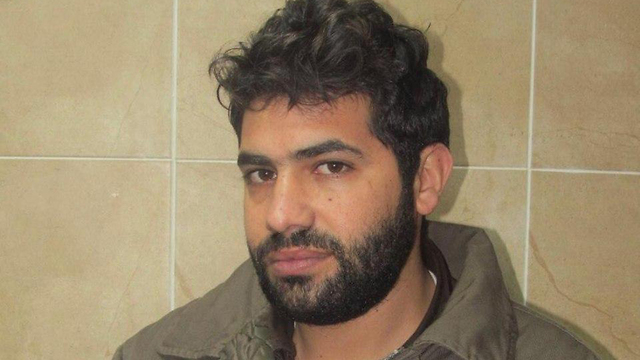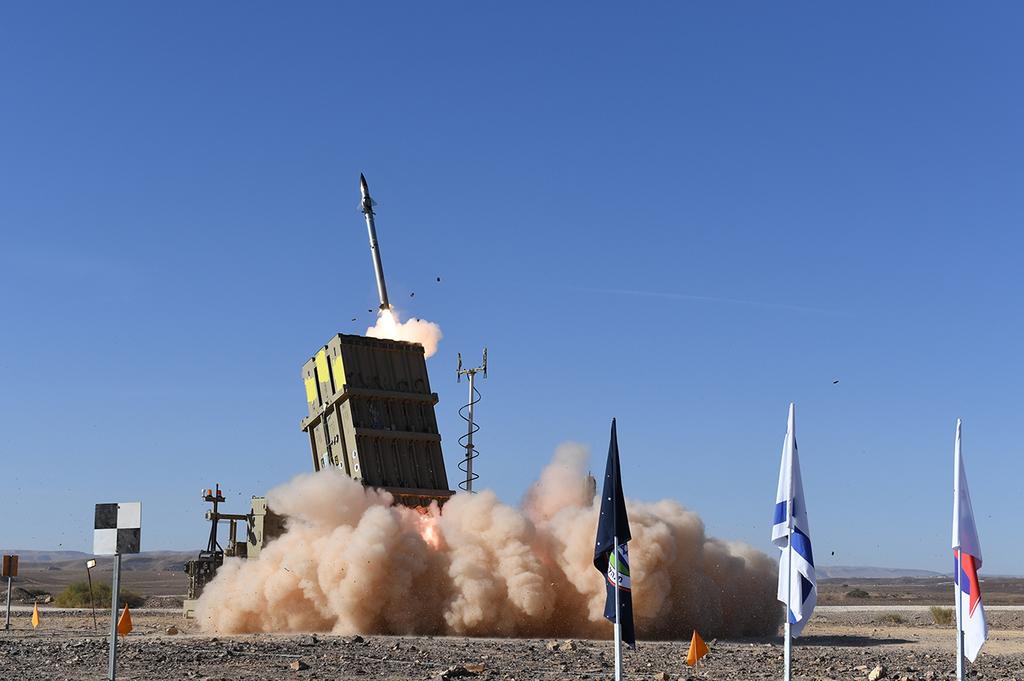The District Court in Lod on Monday sentenced an Israeli who spied for Hamas to three years in prison as part of a plea bargain.
Several counts were redacted from the original indictment against 30-year-old Rami Al-Amudi from Tel Aviv, which included charges of contacting a foreign agent and treason, after the prosecution said "no serious harm" was caused by his ties with the Gaza-based terror group.
The trial of a second suspect, 34-year-old Rajeb Daka from Lod, is still ongoing.
The Shin Bet security agency announced in January that it had successfully exposed and arrested a Hamas espionage ring that operated within Israeli territory.
After a weeks-long investigation, the Shin Bet said that members of Hamas' military wing recruited Israeli citizens to gather intelligence that will serve in future terrorist activities against Israeli targets.
The spy network recorded locations of the Iron Dome defense system and landing sites of Hamas rockets during operation 'Black Belt' last November.
Amudi was born to an Israeli mother and Gazan father and lived in the Gaza Strip with his father’s family until November 2019, when he moved to live in Tel Aviv. According to the Shin Bet, Amudi reestablished ties with his mother in 2018 and has been working with her to receive Israeli documentation and live with her in Israel.
The Shin Bet said Hamas "took advantage" of the fact that Acould enter the Gaza Strip to visit family and recruited them to the terror group’s military wing.
According to the Shin Bet interrogation, after being recruited by Hamas in Gaza, they were asked to purchase cell phones and SIM cards in order to remain in contact with their Hamas operators.



